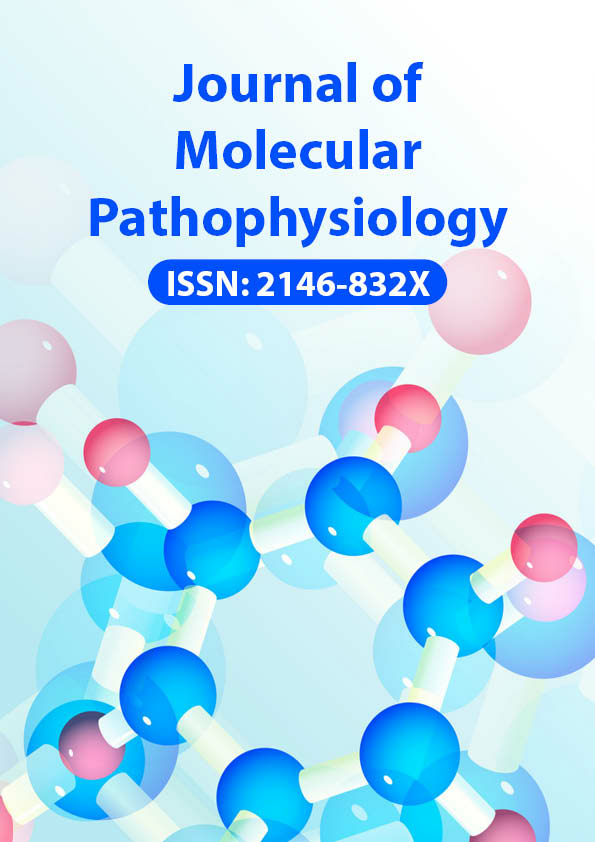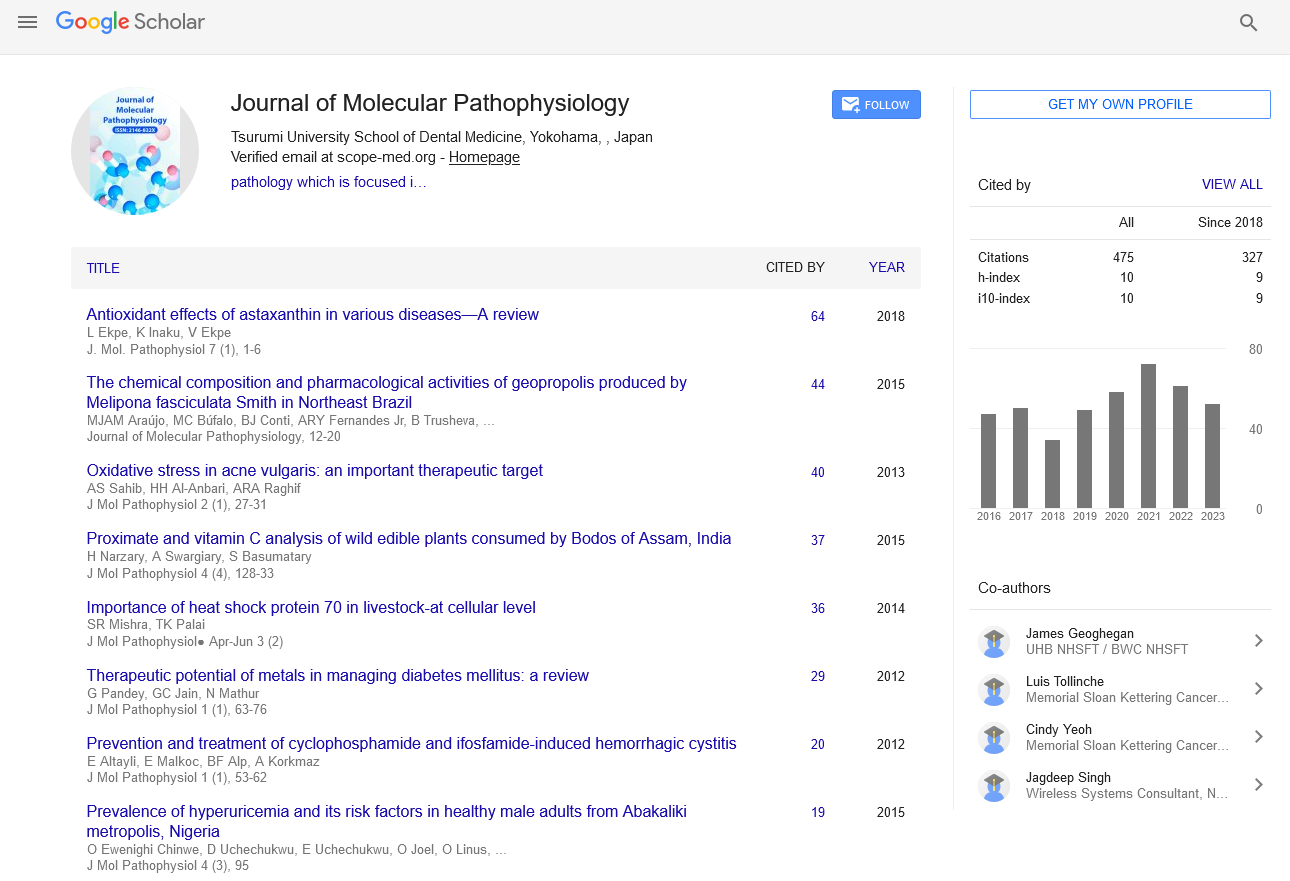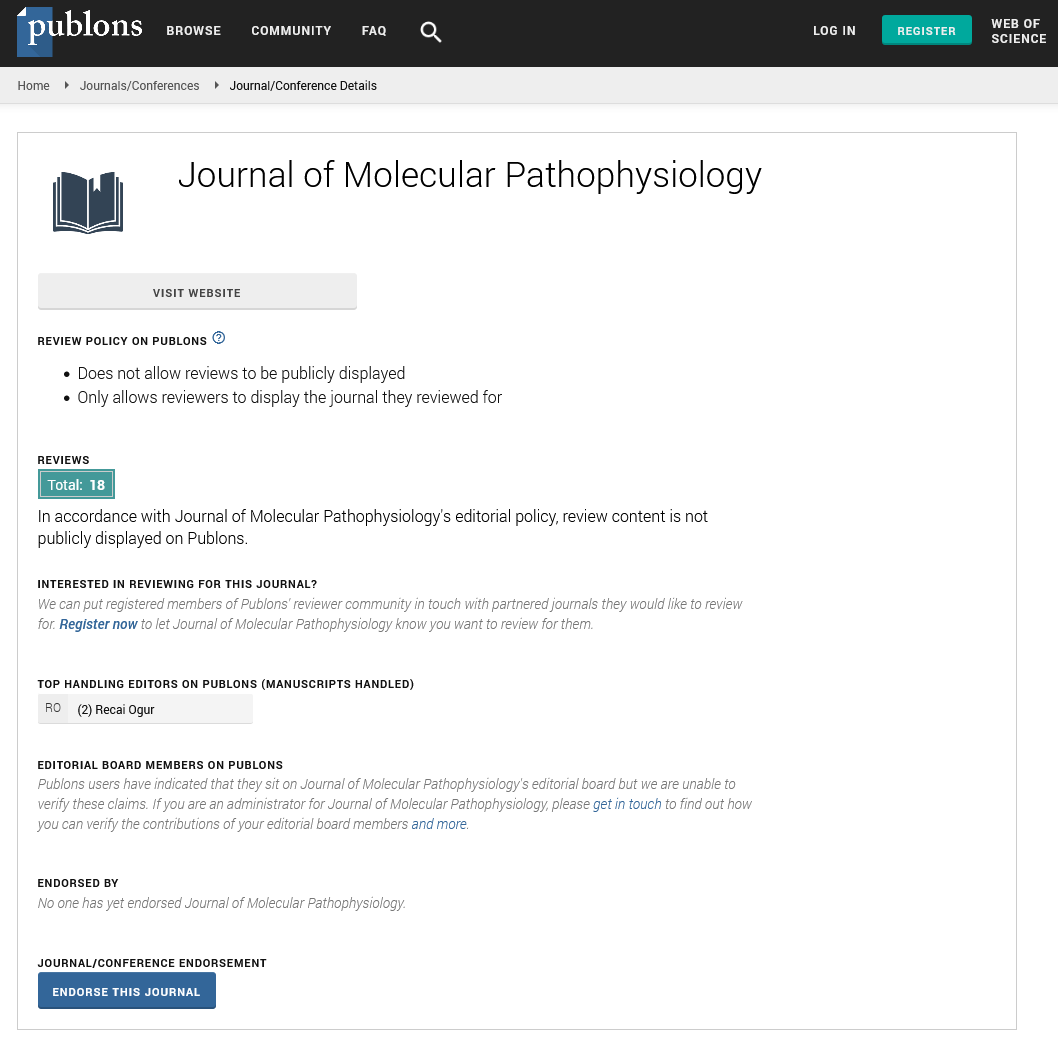Arterial stiffness and inflammation in patients on hemodialysis
Abstract
Vaia D. Raikou, Despina Kyriaki, John N. Boletis
Objective: Arterial stiffness and inflammation may contribute to enhanced cardiovascular mortality of dialyzed patients.Our aim was the examination of the association between inflammatory factors, arterial stiffening and cardiovascular complications in patients on permanent hemodialysis modalities. Methods: We studied 76 dialyzed patients, 47 males and 29 females.Patients were separated as regular haemodialysis (HD, n=34) and predilution haemodiafiltration (HDF, n=42) according to treatment modalities.Cardiovascular disease was defined by coronary disease (CD) and peripheral vascular disease (PVD).Arterial stiffness was measured as carotid-femoral pulse wave velocity (c-f PWV) and pulse pressure (PP) was derived.Beta2-microglobulin (beta2M), insulin, leptin, i-PTH concentrations were measured using immunoradioassay.Monocyte chemoattractant protein-1 (MCP-1) and hsCRP were measured by ELISA.Serum bicarbonate concentrations were measured using a blood gas analyzer and the ratio of cholesterol / HDL were calculated. Results: The patients with CD and the patients with PVD presented significantly higher PP and cfPWV, than those without CD or PVD.We observed significantly positive association between cfPWV, PP, age and hsCRP (p<0.05), without multicollinearity.Serum bicarbonate concentrations were inversely associated with both, c-fPWV and hsCRP (r=-0.719, p=0.001 and r=-0.349, p=0.01 respectively). hsCRP was positively correlated with leptin concentrations (r=0.283, p=0.02) and MCP-1 with the ratio chol/HDL (r=0.277, p=0.01). Conclusions: hsCRP, as an inflammatory marker, associated with leptin concentrations, may contribute to arterial stiffness of patients on hemodialysis with cardiovascular complications.Uremic acidosis promoting the inflammation may contribute to arterial stiffness.MCP-1 was mainly associated with lipid concentrations
PDF






